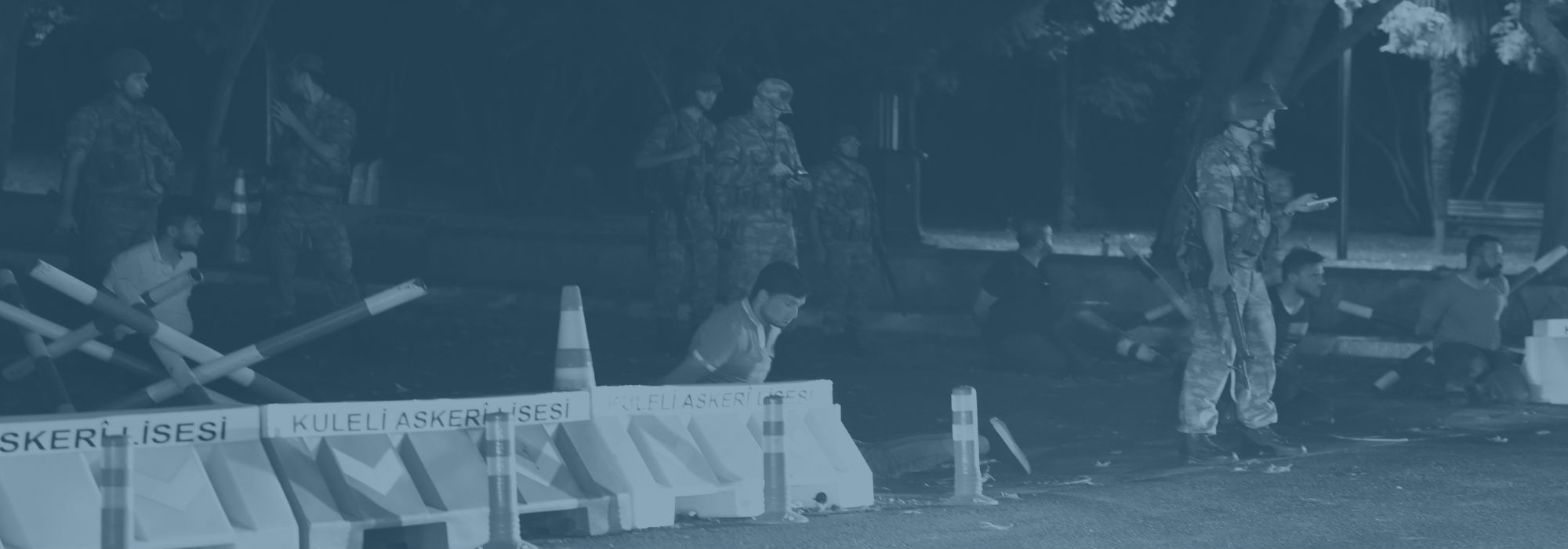Dawn has come to Turkey and with it some clarity over the events that happened overnight on Friday and into Saturday morning in Istanbul and Ankara. The battle has shifted against the coup plotters and the momentum is with pro-government forces.
It would seem that we were premature when we published a piece a little over six hours ago in which we said that it appeared the coup had succeeded. We made that judgment after Turkish soldiers took over the Turkish Radio and Television Corporation (TRT) and had TRT announcers read a prepared statement in which martial law was declared and a new governing “Peace Council” was announced.
From there, things seemed to go off the wheels for the coup. Military commanders began to publicly declare support for President Recep Tayyip Erdoğan’s government. More mysterious is the fact that the coup planners, despite being organized enough to have tanks rolling in the streets of Istanbul and Ankara supported by helicopters and F-16s, failed to secure Erdoğan, who was as we correctly noted on vacation near Bodrum on Turkey’s Aegean coast.
The coup participants also did not shut down all media outlets or communications. They lost control of TRT and subsequently took over CNN Turk, only to lose control of that too – and did nothing in either case to halt the ability of the stations to broadcast.
We continued to watch closely, as most of the positive news for Erdoğan and his supporters was coming out of Istanbul. There were much fewer concrete details out of Ankara, with reports of continued fighting and explosions there, including attacks against the parliamentary building. But in the span of about 15 minutes, multiple Turkish news outlets reported that the Turkish air force had taken out a rogue military helicopter and had struck pro-coup tanks stationed outside the presidential palace, both in Ankara. Then, CNN Turk ran footage of pro-coup Turkish soldiers surrendering their positions and their tanks on a bridge on the Bosporus.
It appears there is still some fighting in Istanbul and Ankara, but the government seems to have the upper hand. Even so, it should be noted that the planners of this coup, while they made some mistakes we do not currently understand, were sophisticated enough to coordinate air and ground forces in two major cities, and were able to do this all without Turkish intelligence realizing that anything was going on. A faction of the military carried this out and we still think that at least some senior officers were likely involved. A significant number of people died in fighting in Ankara and Istanbul. It should not be dismissed as a minor event.
There will be more analysis to come about how the coup fizzled out and its ramifications. But for now, we have to say that what had appeared to us as a military faction taking control of the country has turned into a failed attempt at a coup. There will be more violence and reckoning to come before it is over, but that is how it looks now.
Erdoğan Appears to Regain Control in Turkey





